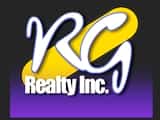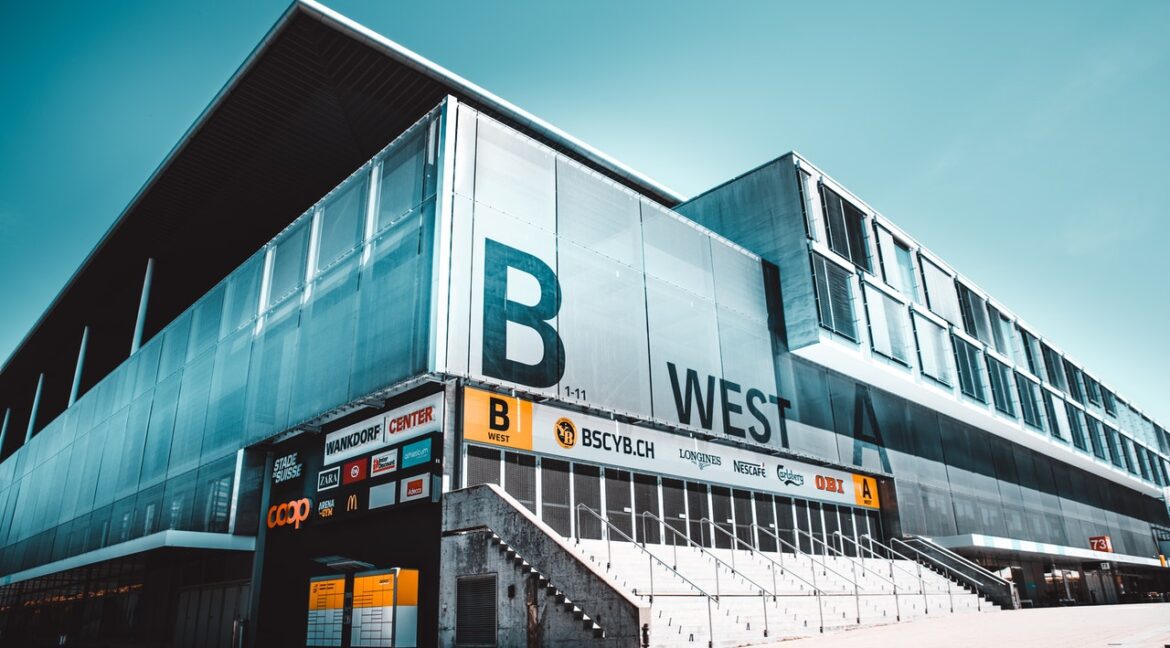Pros and Cons
Businesses typically operate from a commercial space; they either lease the property or own it. It can be a storefront, factory, warehouse hotel, or office. If you are starting a business or considering moving to a new location, you may be contemplating the advantages and disadvantages of buying vs. leasing commercial real estate.
As for which is a better solution for you, it will depend on several factors, including:
- Cash outflows
- Recurring costs
- Tax implications
- Property value
- Business equity
If you wish to start a company in Maryland, first of all, you should know that it is an excellent business decision. Maryland is a great place for this endeavor. You now have to decide on the right location and choose between buying vs. leasing commercial real estate. So, consider the following pros and cons of each option.
Buying commercial real estate
The main difference between purchasing and leasing a commercial property is the financial aspect. If you want to invest in a property, you have two possibilities:
- Pay for the property in cash upfront
- Finance it with a loan
Pros of buying commercial real estate
- It helps you build equity. If your finances allow it and you pay for the property in cash, you will immediately own 100% of it. However, if you finance it with a loan, you will build equity with every monthly payment. Should you decide to sell the property or refinance it, your equity will be the difference between the commercial real estate market value and the remaining loan balance. It helps build the value of your company.
- You will benefit from capital appreciation. Your property value will increase over time. The rate of appreciation will vary depending on the market trends such as supply and demand and on other factors such as inflation and interest rates.
- Owning commercial real estate allows you to generate rental income. If you don’t occupy the entire space, you can rent it out to another company.
- You will enjoy tax breaks. Interest and depreciation can be deducted from your taxes.
- You have complete control over the property. Except for the zoning restriction, you are entirely free to do whatever you want with the space. You can reconfigure it without having to ask for a landlord’s permission.
- Your monthly mortgage payments will be fixed. When leasing a space, your landlord can increase the rent when the lease expires.
Cons of buying commercial real estate
- Considerable initial investment. You will have to pay for the down payment anywhere from 10% to 40% of the property value. In addition, you will have to cover the closing costs, appraisal fees, etc.
- Difficult to secure financing. You may have difficulty qualifying for a loan to purchase a commercial property, or you may have trouble getting a reasonable interest rate.
- Liabilities. You have to pay for a liability insurance policy because you will be responsible in the event of someone getting injured on your property. Otherwise, you risk a lawsuit. Also, if you rent a part of the property, you may be subject to property manager liability. It means you will need another insurance policy. Moreover, it necessitates regular property upkeep. Finally, if your business cannot cover the mortgage payments, you may have to do it from your own pocket.
- Possibility of capital loss. Your property value may decline, so you may suffer a capital loss if you decide to sell.
- Loss of liquidity. Your money is tied to the property, which may cause you some liquidity troubles. Also, you may have used the funds tied to the property differently, and you may be missing out on opportunities.
Leasing commercial real estate
If you decide to lease a commercial property, you sign an agreement that allows you to use the property for a particular amount of time. After the set deadline, you must either renegotiate the deal if you plan to stay in those premises or find a different place to work.
Pros of leasing commercial real estate
- Fixed monthly expenses. Until your lease expires, your landlord cannot increase your rent. However, they may ask for a higher rent once the agreement has expired. Remember that commercial property leases typically last for five to ten years. So, you won’t have to worry about any changes during that time. Moreover, leasing means you are not responsible for any major maintenance or repairs. Apart from some minor fixes, you won’t have to worry about covering any unexpected costly repair costs.
- Increased flexibility. If you have trouble qualifying for a commercial real estate loan, you may have an easier time qualifying for a lease. Additionally, you will have more options regarding properties for a lease, so you can choose the space that perfectly suits your company’s needs. Furthermore, if you decide to move your business to another location, you can easily do so once your lease has ended.
- Reduced downtime in case of office relocation. Leasing office space allows you to speed up the process of moving to the new premises. You won’t have to wait for the property to sell so you can buy a new one.
- Easier to start a business in a prime location. Leasing takes precedence over buying commercial real estate because you may be able to afford to lease office space in a prime location that would otherwise be too expensive to buy.
- Tax breaks. Lease payments, possible property taxes, insurance, maintenance expenses, and utility costs can all be deducted.
Cons of leasing commercial real estate
- You don’t build equity or enjoy appreciation. The lease goes to your landlord, so you don’t accumulate any equity. You only have the lease-to-own option, which allows you to direct a part of your rent toward purchasing a property. Still, without equity, you can’t benefit from capital appreciation.
- Rents are usually higher than monthly mortgage payments. Also, typical lease agreements imply that you cover insurance fees, property taxes, utility bills, and minor maintenance costs.
- You have little control. Your lease agreement may include some restrictions. More importantly, there may be an early termination clause. Also, once the lease expires, you will have no control over possible rent hikes. Finally, you have to continue paying the rent or face penalties if you have to close your business before the lease expires.
Buying vs. leasing commercial real estate – the bottom line
Which option is better, buying vs. leasing commercial real estate, will depend on your current situation. In general, purchasing a commercial property makes sense if you can cover the down payment and several mortgage payments without inflicting financial strain on your company. Still, if you want more flexibility, leasing is the right way to go. Ultimately, you should carefully weigh what you get from each option and see what will get you the most value.
Gray West a Concrete B Uilding · Free Stock Photo (pexels.com)



